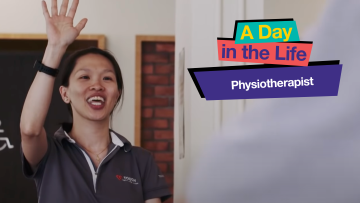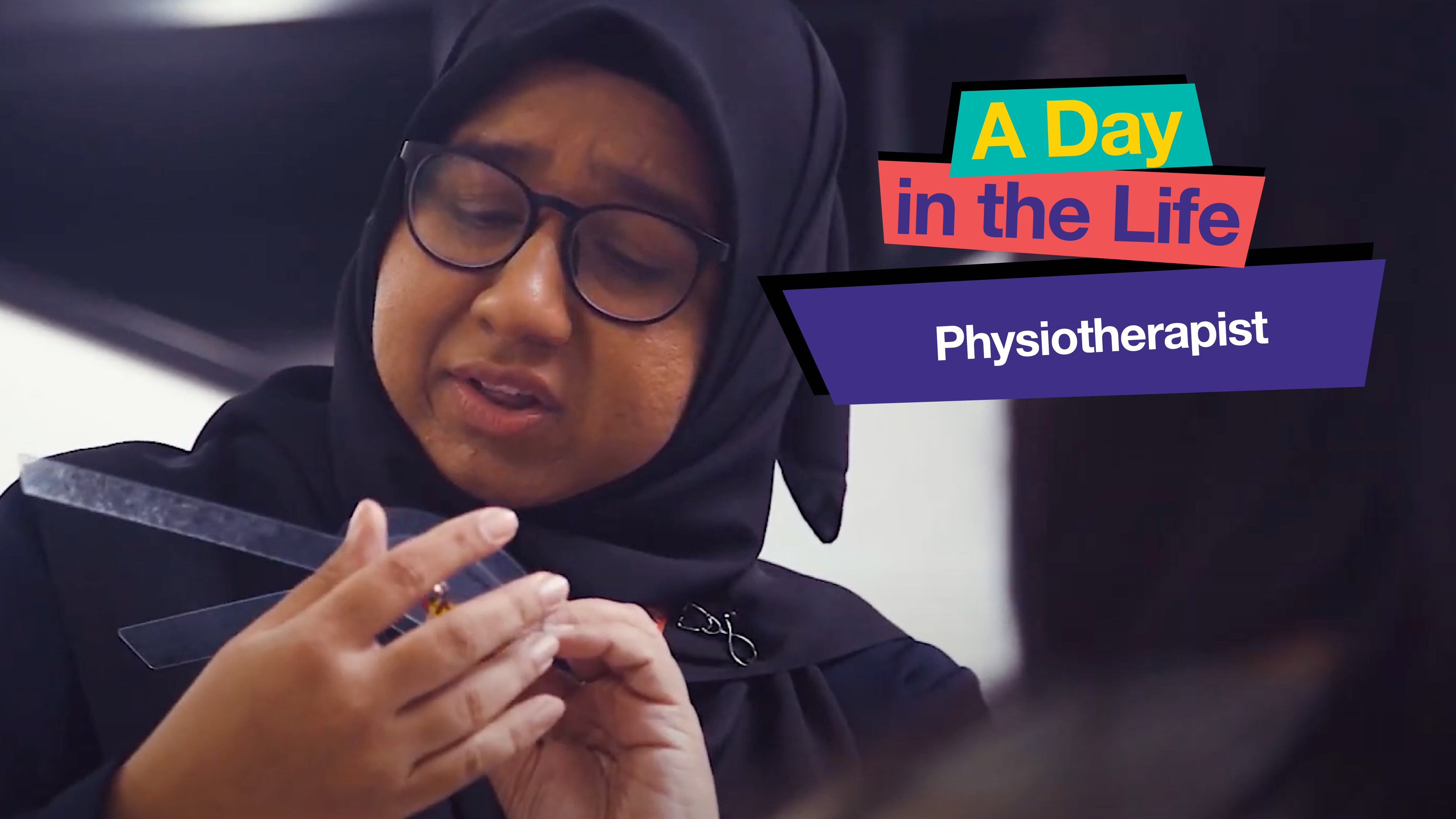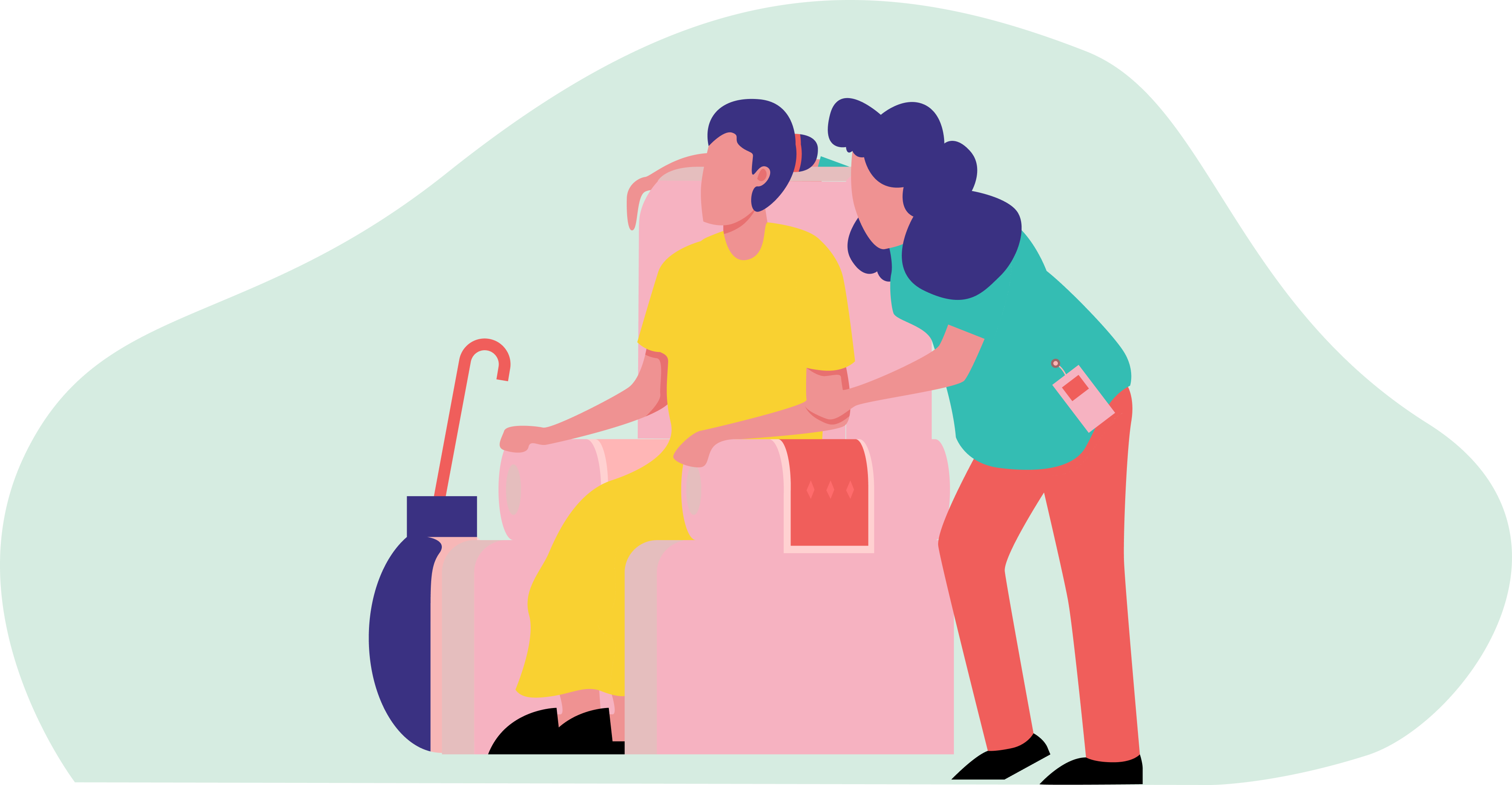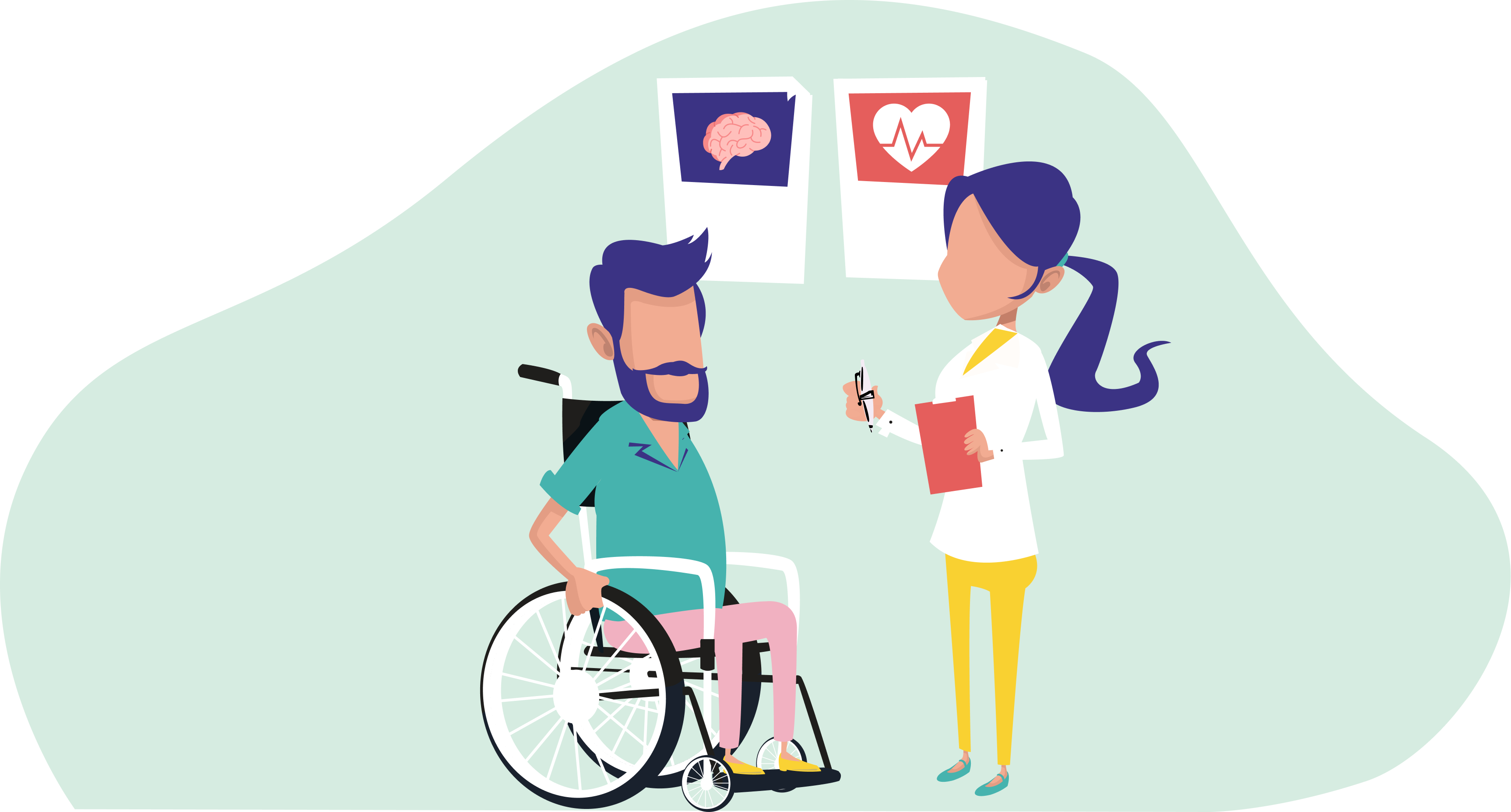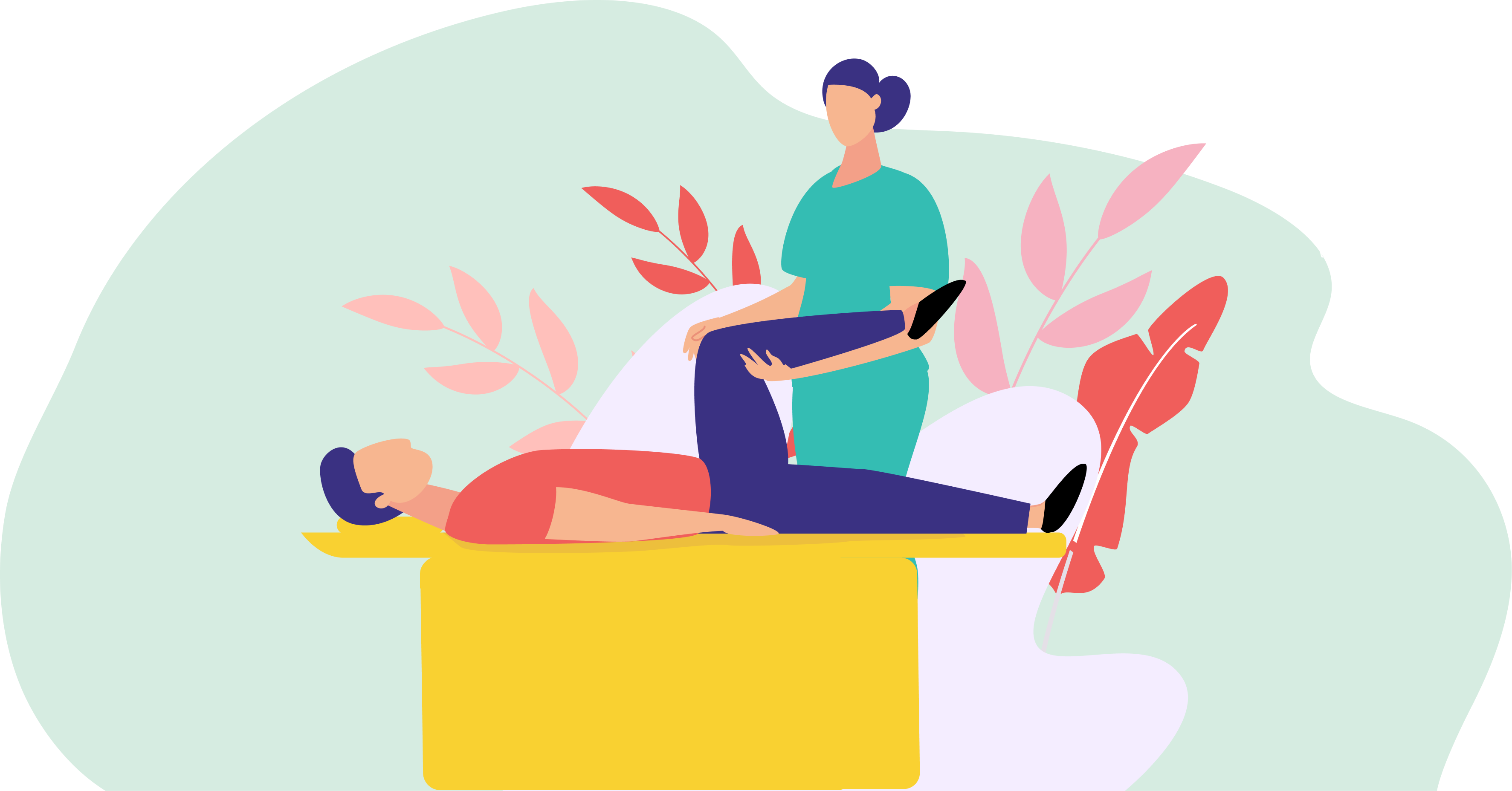
Physiotherapists help patients to recover from physical conditions caused by injury, illness, disability, or ageing.
Physiotherapist Job Description
- Conduct assessments on patients to determine their treatment needs.
- Create and implement suitable treatment plans for patients.
- Show proper use of stretches, equipment, techniques, and exercise moves.
- Plan goals with patients and/or caregivers to educate and provide recommendations.
- Evaluate intervention effectiveness and patients' progression.
Note
Physiotherapists may also help patients in the Intensive Care Unit (ICU), to provide the most suitable intervention such as optimised breathing and to start early rehabilitation.
What you should know about Physiotherapist jobs in Singapore
Nature of Work
You will work in areas such as Sports, Cardio-respiratory, Pain Management, Child Development, Gerontology, and Rehabilitation.Key Advice
Cultivate empathy and effective communication skills to better understand and support your patients' needs and concerns.-
Entry RequirementsEntry Requirements
- Minimally a bachelor of Science in Physiotherapy or related field is required.
- In Singapore, only Singapore Institute of Technology (SIT) offers a bachelor of Science (Honours) in Physiotherapy. You can also pursue a physiotherapy degree from overseas institutions recognised by the Allied Health Professions Council (AHPC).
-
Possible PathwayPossible Pathway
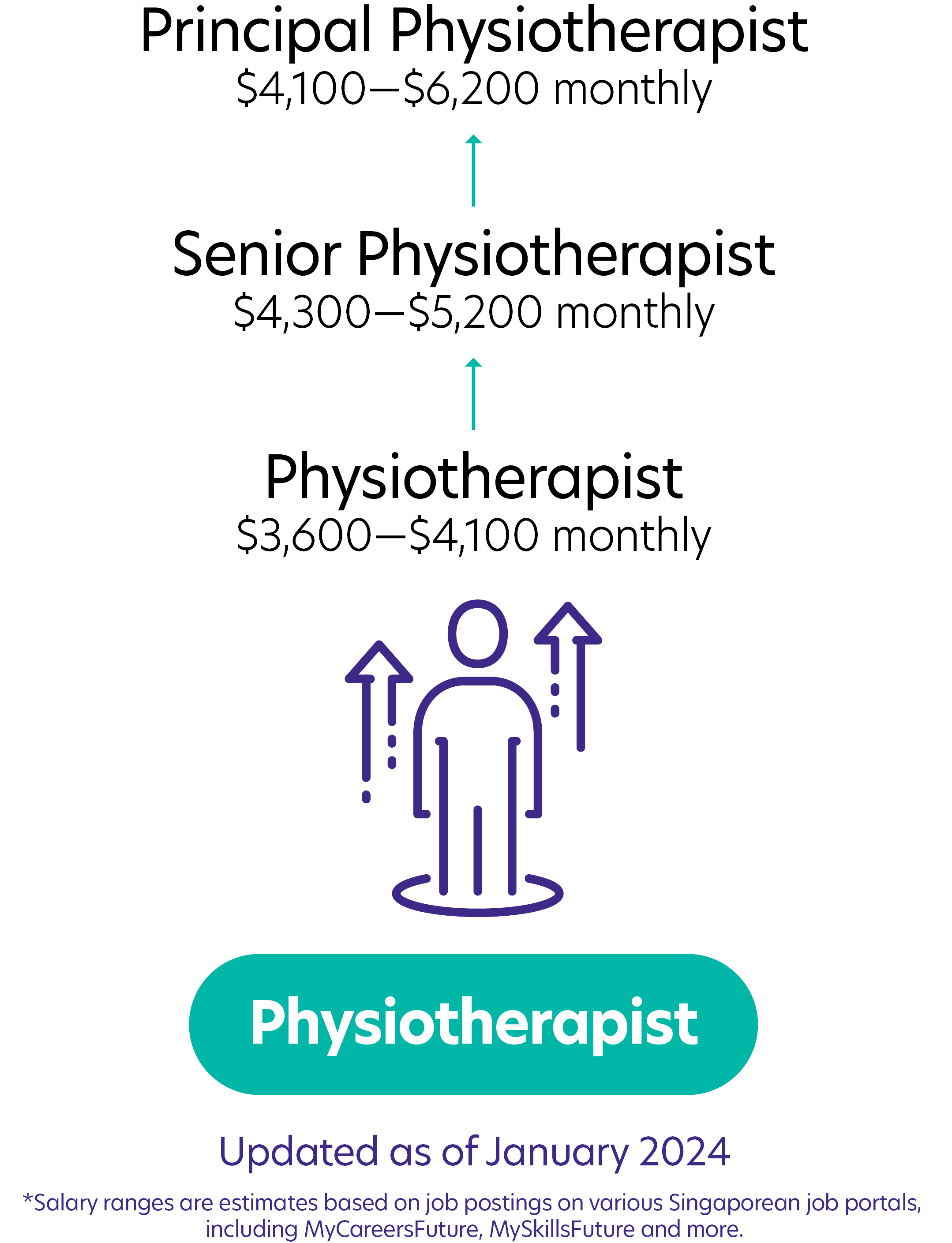
Skills you need to pursue a Physiotherapist career in Singapore
Therapeutic Equipment Prescription
Knowledge in using equipment for patient rehabilitation, enhancing therapy effectiveness.Development of Intervention Plan
Expertise in crafting tailored treatment plans based on patient assessments, goals, and history.Therapy Implementation
Skill in executing diverse therapy techniques to address patient needs, ensuring optimal recovery.Communication
Excellent interpersonal skills for precise, empathetic patient interactions and effective health education.Collaboration
Ability to work with healthcare teams, sharing insights and strategies for comprehensive patient care.Decision Making
Competence in making patient-centric decisions under varying clinical situations and pressures.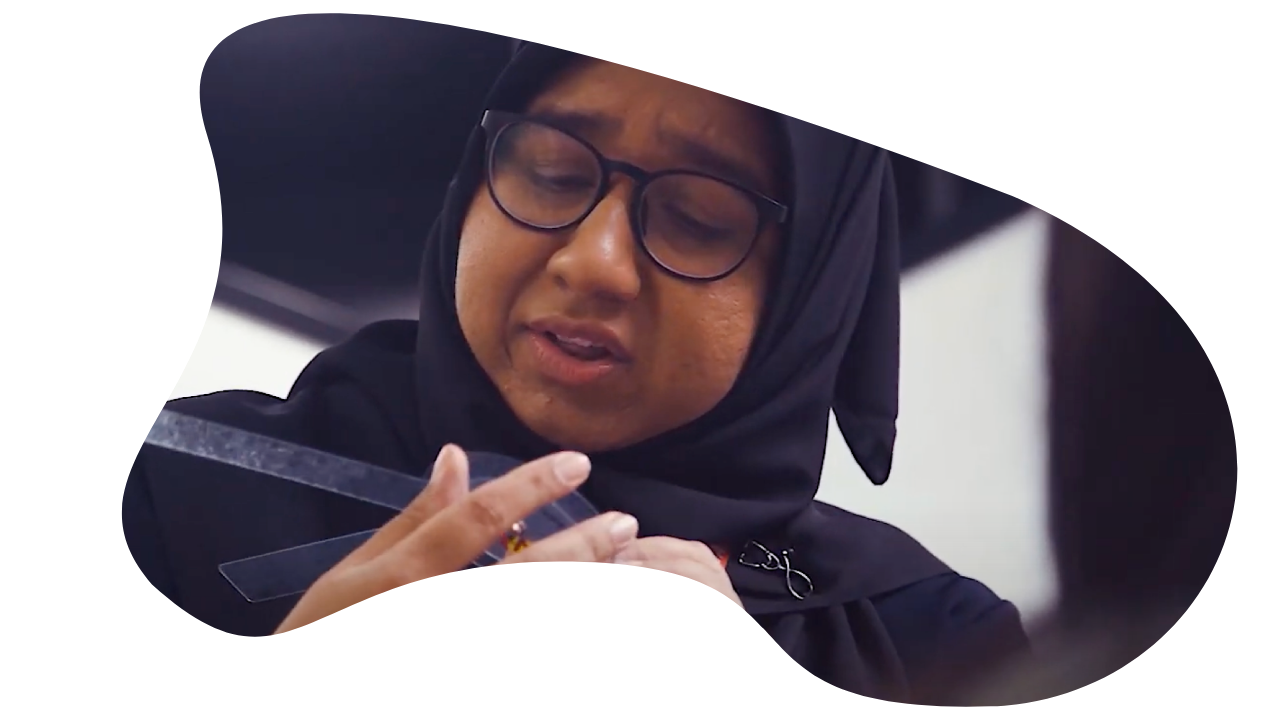
“At the end of the day, when I see the clients getting better, that keeps me going the next day.”
Siti Khalijah Binte Abdul Aziz, Senior Physiotherapist
Related Job Roles
Explore Other Programmes
Browse AllYou have bookmarked your first item!
Find it in My Discoveries with insights on your interests!

